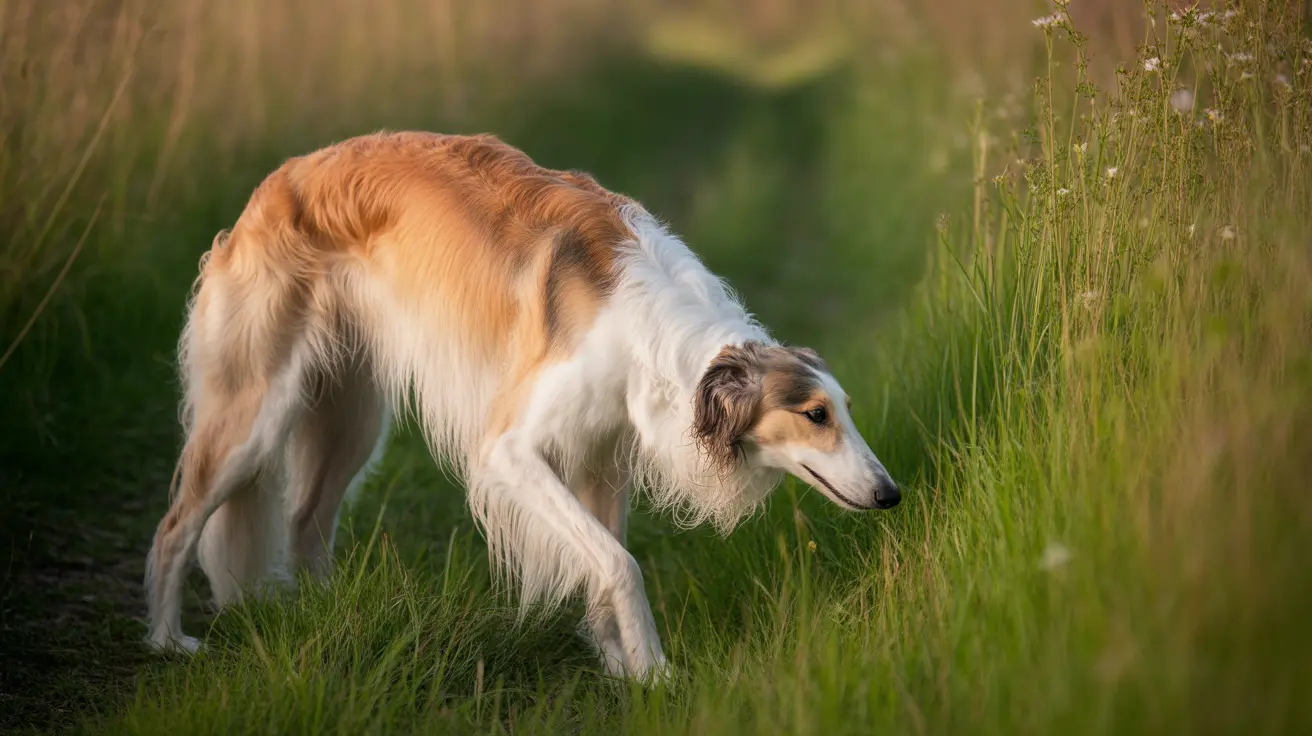Long-snouted dogs, known in Spanish as "perros de hocico largo," represent some of the most fascinating and functionally advanced breeds in the canine world. These dogs, characterized by their elongated muzzles, not only showcase striking appearances but also demonstrate remarkable sensory capabilities and health advantages that set them apart from other breed types.
In this comprehensive guide, we'll explore the unique characteristics, health benefits, and care requirements of long-snouted dog breeds, helping you understand why these elegant canines might be the perfect addition to your family.
Understanding Long-Snouted Dog Breeds
Long-snouted dogs, technically known as dolichocephalic breeds, possess skulls where the length significantly exceeds the width. This distinctive feature isn't just about aesthetics – it serves crucial biological functions that have evolved over thousands of years of selective breeding.
Notable examples include the elegant Borzoi, the athletic Saluki, the distinctive Bull Terrier, and the ancient Pharaoh Hound. Each breed brings its own unique combination of traits while sharing the advantages of their elongated muzzle structure.
The Evolutionary Advantages of Long Snouts
The elongated snout structure provides several significant biological advantages:
- Enhanced scenting abilities due to increased nasal cavity space
- Superior breathing efficiency during physical activity
- Improved peripheral vision for better prey detection
- Better temperature regulation through efficient air filtering
Health Benefits and Longevity
Long-snouted breeds typically enjoy several health advantages compared to their flat-faced counterparts. Research indicates these dogs often experience:
- Fewer respiratory problems
- Better temperature regulation
- Reduced risk of sleep apnea
- Generally longer lifespans, especially in smaller breeds
Popular Long-Snouted Breeds and Their Characteristics
Sight Hounds
- Borzoi
- Saluki
- Afghan Hound
- Greyhound
Herding Dogs
- Rough Collie
- Smooth Collie
- Belgian Shepherd
Terriers
- Bull Terrier
- Welsh Terrier
- Scottish Terrier
Care Requirements and Training
While long-snouted dogs generally enjoy better health, they still require specific care attention:
- Regular exercise appropriate to the breed's energy level
- Mental stimulation through training and enrichment activities
- Proper dental care to maintain oral health
- Regular grooming, especially for long-coated breeds
Frequently Asked Questions
What are the main health benefits of dogs with long snouts (perros de hocico largo) compared to flat-faced breeds?
Long-snouted dogs typically experience better respiratory function, improved temperature regulation, and fewer breathing-related health issues. They're less prone to sleep apnea and heat stress, and generally have more efficient breathing patterns during exercise.
Which dog breeds are classified as long-snouted (dolichocephalic), and what unique traits do they have?
Common dolichocephalic breeds include the Borzoi, Saluki, Afghan Hound, Collie, and various terriers. These breeds typically display enhanced scenting abilities, superior peripheral vision, and excellent athletic capabilities due to their efficient breathing.
How does the long snout shape affect a dog's breathing, vision, and hunting abilities?
The elongated snout provides more space for scent reception, allows for better air filtering and cooling, and contributes to improved peripheral vision. These features make long-snouted breeds particularly effective at activities requiring speed, endurance, and prey detection.
What special care and exercise do long-snouted dog breeds typically require?
Most long-snouted breeds need regular exercise, mental stimulation, and proper dental care. Exercise requirements vary by breed, with sight hounds needing space to run and terriers requiring activities that engage their natural instincts.
Why do long-snouted breeds tend to live longer, and does body size affect their lifespan?
Long-snouted breeds often have longer lifespans due to better respiratory health and fewer genetic health issues. However, body size is also a factor, with smaller long-snouted breeds typically living longer than larger ones.
Conclusion
Long-snouted dogs (perros de hocico largo) represent some of the most versatile and healthy breeds in the canine world. Their unique physical characteristics contribute to superior sensory capabilities and better overall health, making them excellent companions for active families and experienced dog owners.
Whether you're considering adding one to your family or simply expanding your knowledge of different dog breeds, understanding these remarkable animals' unique characteristics and care requirements is essential for ensuring they lead happy, healthy lives.






